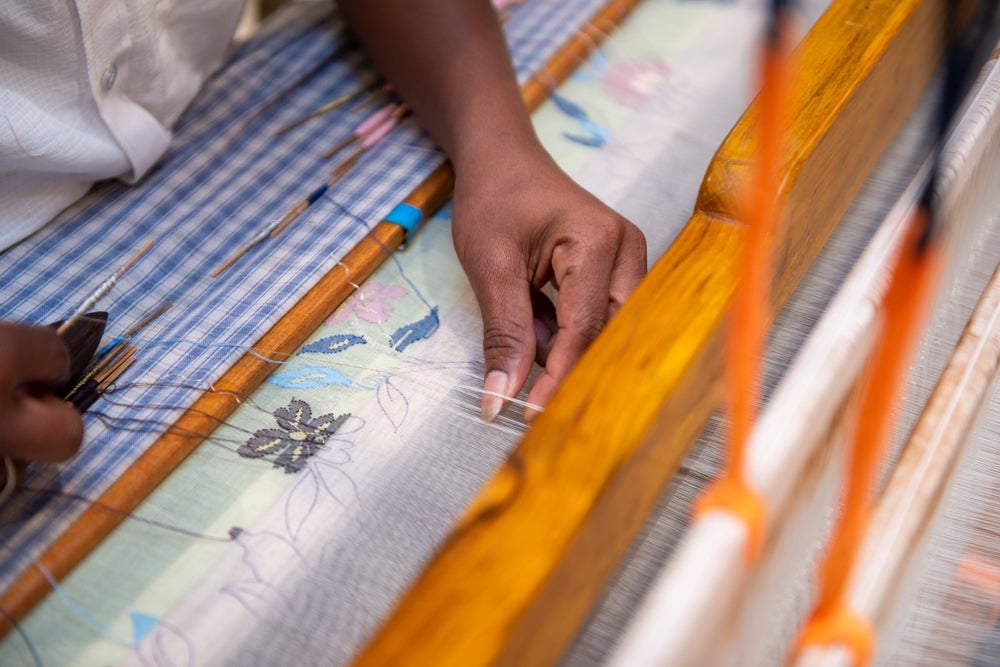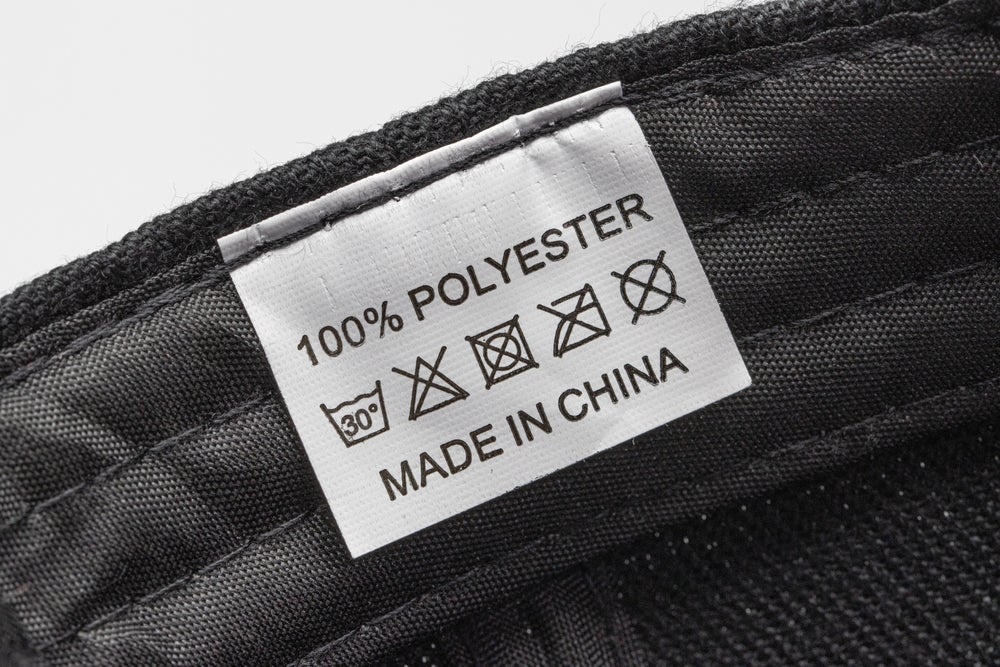In the newly released paper, titled "Unlocking India’s Next Gen Economy: The Untapped Investment Frontiers in Material Substitution in India’s Textile and Pulp and Paper Industries," Canopy highlighted how India has the capabilities to transform over 100m tonnes of agricultural residues and two million tonnes of polyester-cotton textile waste into low-carbon paper, packaging, and viscose materials for both domestic and international markets.
Unveiled at the Prabhav 2024 investment forum, hosted by the India Impact Investors Council (IIIC), the Canopy report claimed next-gen fibres derived from agricultural byproducts and discarded textiles offer a sustainable alternative to forest-based products. It said this could play a key role in reducing carbon emissions and supporting India's circular economy.
“India has all the ingredients — abundant feedstock, technical expertise, and a culture of innovation,” explained Nicole Rycroft, founder and executive director at Canopy.
“What’s needed now is targeted investment, industry collaboration, and government support to scale this vision into reality.”
To drive the global production of 60m tonnes of next-gen fibres over the next decade, Canopy estimates that $78bn in global capital is required. With the potential to contribute over 10m tonnes annually, India will need an investment of $13 to 15bn to build the necessary processing capacity.
This investment could position the country as a leader in sustainable materials, while also reducing greenhouse gas emissions, creating green jobs, and providing alternative livelihoods for farmers.
For every tonne of primary forest usage replaced by next-gen fibres, Canopy estimates a reduction of four tonnes of greenhouse gas emissions. Additionally, a shift to these low-impact fibres can address challenges related to supply chain volatility and environmental degradation.
"Low-impact fibres and materials will be crucial as the world moves towards decarbonising industrial manufacturing," added Rycroft.
India’s transition is already gaining support from domestic and global brands. Industry leaders like Flipkart, Anita Dongre, and viscose producer Birla Cellulose are spearheading the adoption of alternative fibres in India, joining a global network of over 980 Canopy partners.
This includes major international companies such as Inditex, Walmart, H&M, Amazon, and Penguin Random House, all of whom are committed to shifting from conventional production models to circular, low-carbon economies.
In August, Danish clothing brand Ganni announced a new partnership with Canopy to ensure all its textiles and paper packaging are free from fibres sourced from climate-critical forests.
In early July, a report from advisory service Sustainabelle found a majority of stakeholders in the fashion sector believe that Next Gen materials are a necessary solution to climate goals.















